

© Avening Parish Council 2026
“Preserve, Conserve, Enhance”
Welcome
Avening Archive
The Medieval Village of Avening has a rich and varied past - it grew around the Norman Church of the Holy Rood (or Holy Cross), which was built on the site of an earlier Saxon Church. It is said to have been built in 1080, being the only church ever to be built by a Queen of England. During the Second World War, Avening lay on GHQ Line. Extensive anti-tank ditches were constructed to the south and southeast, and were overlooked by a number of pillboxes. The defences were constructed as a part of British anti-invasion preparations. INSTRUCTIONS: click the ‘More Info’ button to start exploring the archive - you will be taken to a One Drive site (you don’t need an account) where you will see a collection of folders - you are free to explore the contents and open documents as required. Revisit the sections regularly as new content is being added all the time.

Census information and Parish
Registers
We have transcribed the census information from 1841 to 1911, so that you are able to search and download all of the records to help with your family trees or general research. You will find guidance notes, a searchable index, and the full record for each census. Combined with the Council Records these will be a valuable tool for anyone researching their family history.

Avening in the World Wars
In Avening Parish Church, the Roll of Honour shows that the village lost 42 men in the First World War. Many of the family names can still be found among the current inhabitants of Avening. Military records list a total of 87 men serving in the forces during the first year of the war. This was from a total population of 823 in 1914. The hamlet of Nag’s Head alone sent 17 men from only 18 houses. Avening men fought in nearly all the theatres of the war, from Flanders to Mesopotamia. Those who died were killed in action or fatally wounded at Ypres, Loos, Cambrai, Arras, the Dardanelles and many other places. Some were decorated for their bravery, with at least three Military Medals and two Distinguished Conduct Medals being awarded to local men. Click on the links below to read the stories of the men who fought and died in the conflicts:

Avening people
Looking at the characters and people who have lived in Avening
AveningArchive



Buildings and Places
Historic pictures and views of the village showing the changes that have happened in the development of Avening.
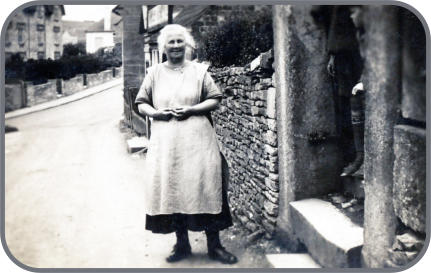
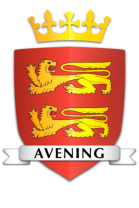

Copyright Information
Avening Archive
All items in this archive are the property of Avening Parish Council and/or the original owners. The contents cannot be reproduced or published in any medium without written approval from the Parish Clerk or the Curator, but can be downloaded for personal use only.

Groups and Teams
There have been many sports teams and social groups in the village, and this section brings together information and photos from long forgotten and more recent organisations
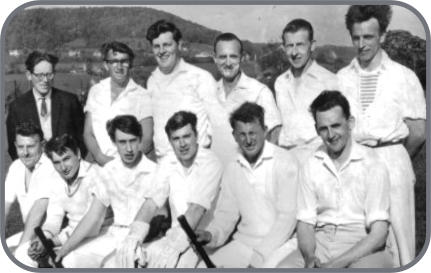

Village events
We’re all familiar with the village fetes and the world famous duck racee, but what about It’s a Knockout from only a couple of decades ago, and the Pig Face celebration dating back to Queen Matilda in the 1100’s? This is the place you need!
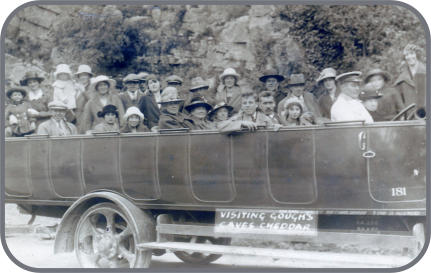
Archive Contacts:
Curator: Vacancy email: Web administrator: Tony Slater Email: tony@slaters25.com Parish Clerk: email: parishclerk@avening-pc.gov.uk
WW1
WW2
Census Records
Parish Registers


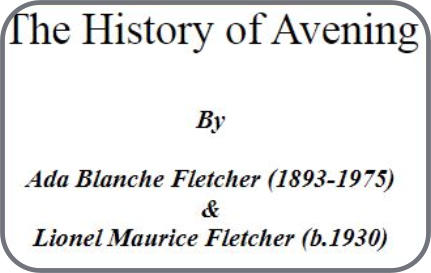

Histories and Stories
Records of historical writings, publications and the ‘History of Avening’.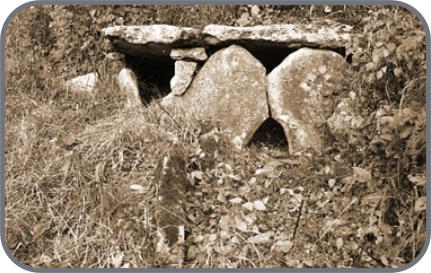

Prehistory
These are all of the ancient monuments, burial chambers, and features around Avening

Church
Avening was founded around the church in 1080. This section covers its rich history, the people, events, memorials and much more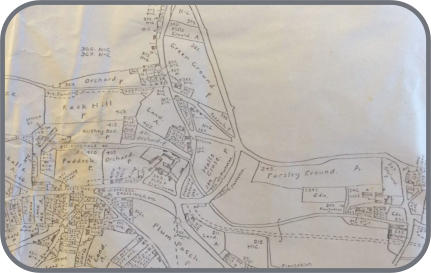

Maps, Surveys & Walks
Records of historical writings, publications and the ‘History of Avening’.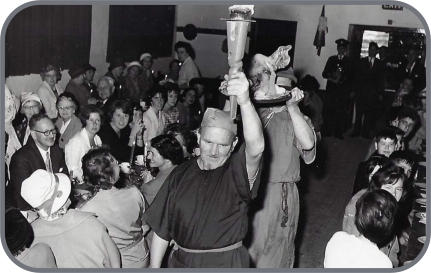

Pig Face Day
The Holy Cross Church legend tells us that it was built as a penance by Queen Matilda following a turbulent romance with a certain Britric, an emissary to Flanders. His rejection of her ended in her suitor being captured, imprisoned and subsequently put to death and his lands annexed. On completion of the building, a feast was held for the builders of the Church. Legend has it that a large boar terrorising the local population was hunted and slaughtered (on the Chavenage Green), then roasted and became the basis of the Feast, with the boar’s head being presented to Queen Matilda. Henceforth the Pig’s Head held prominence at each and every Feast since.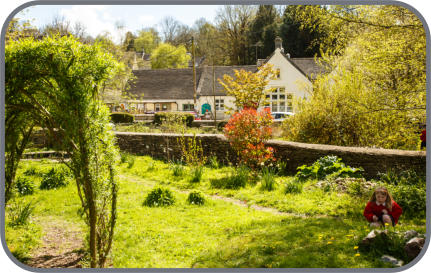

School
Here you will discover the history of the school, and important milestones in its development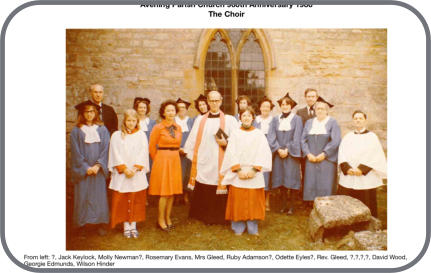


© Avening Parish Council 2026
ABOUT
Avening Archive
The Medieval Village of Avening has a rich and varied past - it grew around the Norman Church of the Holy Rood (or Holy Cross), which was built on the site of an earlier Saxon Church. It is said to have been built in 1080, being the only church ever to be built by a Queen of England. During the Second World War, Avening lay on GHQ Line. Extensive anti-tank ditches were constructed to the south and southeast, and were overlooked by a number of pillboxes. The defences were constructed as a part of British anti-invasion preparations. INSTRUCTIONS: click the ‘More Info’ button to start exploring the archive - you will be taken to a One Drive site (you don’t need an account) where you will see a collection of folders - you are free to explore the contents and open documents as required. Revisit the sections regularly as new content is being added all the time.
AveningArchive


Census information and Parish
Registers
We have transcribed the census information from 1841 to 1911, so that you are able to search and download all of the records to help with your family trees or general research. You will find guidance notes, a searchable index, and the full record for each census. Combined with the Council Records these will be a valuable tool for anyone researching their family history.

Avening in the World Wars
In Avening Parish Church, the Roll of Honour shows that the village lost 42 men in the First World War. Many of the family names can still be found among the current inhabitants of Avening. Military records list a total of 87 men serving in the forces during the first year of the war. This was from a total population of 823 in 1914. The hamlet of Nag’s Head alone sent 17 men from only 18 houses. Avening men fought in nearly all the theatres of the war, from Flanders to Mesopotamia. Those who died were killed in action or fatally wounded at Ypres, Loos, Cambrai, Arras, the Dardanelles and many other places. Some were decorated for their bravery, with at least three Military Medals and two Distinguished Conduct Medals being awarded to local men. Click on the links below to read the stories of the men who fought and died in the conflicts:


Buildings and Places
Historic pictures and views of the village showing the changes that have happened in the development of Avening.

Avening people
Looking at the characters and people who have lived in Avening

Copyright Information
Avening Archive
All items in this archive are the property of Avening Parish Council and/or the original owners. The contents cannot be reproduced or published in any medium without written approval from the Parish Clerk or the Curator, but can be downloaded for personal use only.

Groups and Teams
There have been many sports teams and social groups in the village, and this section brings together information and photos from long forgotten and more recent organisations
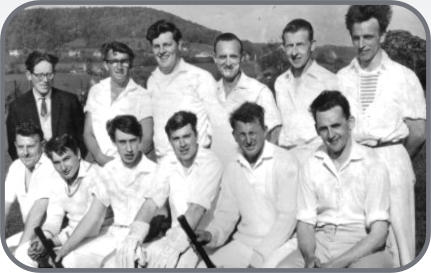

Village events
We’re all familiar with the village fetes and the world famous duck racee, but what about It’s a Knockout from only a couple of decades ago, and the Pig Face celebration dating back to Queen Matilda in the 1100’s? This is the place you need!
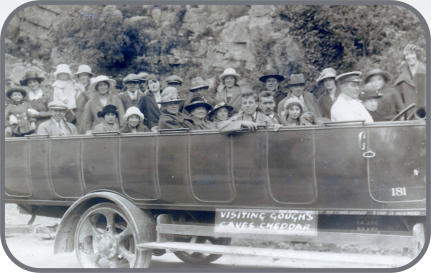
Archive Contacts:
Curator: Vacancy email: Web administrator: Tony Slater Email: tony@slaters25.com Parish Clerk: email: parishclerk@avening-pc.gov.uk
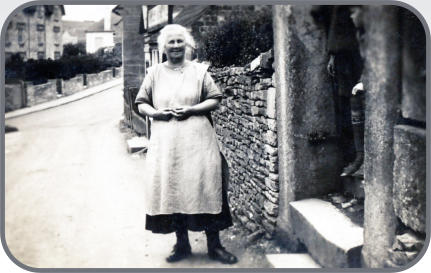
WW1
WW2
Census Records
Parish Registers


Histories and Stories
Records of historical writings, publications and the ‘History of Avening’.

Prehistory
These are all of the ancient monuments, burial chambers, and features around Avening

Church
Avening was founded around the church in 1080. This section covers its rich history, the people, events, memorials and much more

Maps, Surveys & Walks
Records of historical writings, publications and the ‘History of Avening’.

Pig Face Day
The Holy Cross Church legend tells us that it was built as a penance by Queen Matilda following a turbulent romance with a certain Britric, an emissary to Flanders. His rejection of her ended in her suitor being captured, imprisoned and subsequently put to death and his lands annexed. On completion of the building, a feast was held for the builders of the Church. Legend has it that a large boar terrorising the local population was hunted and slaughtered (on the Chavenage Green), then roasted and became the basis of the Feast, with the boar’s head being presented to Queen Matilda. Henceforth the Pig’s Head held prominence at each and every Feast since.

School
Here you will discover the history of the school, and important milestones in its development





























